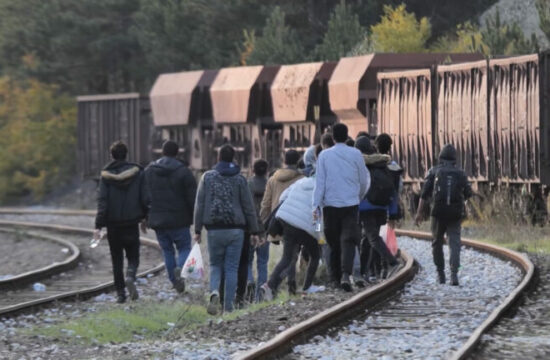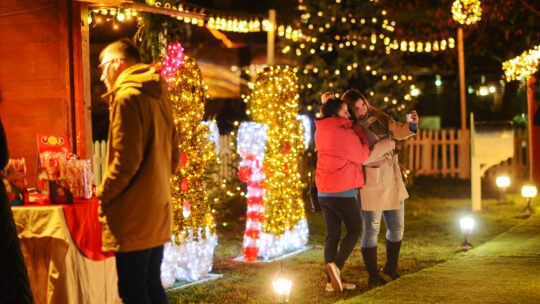Judge Theodor Meron decided to withdraw from the Appeals Chamber, in the case against Radovan Karadzic, the former Republika Srpska entity President.
Karadzic’s attorney Peter Robinson stated in his original request to the Mechanism for International Criminal Tribunals (MICT) for Meron’s exclusion, that he should not remain a member of the Appeals Chamber because he made certain conclusions concerning Karadzic and crimes committed in Srebrenica, Sarajevo and other Bosnian municipalities, in some previous cases.
Judge Meron’s decision could postpone the verdict on the appeal filed in 2016, for the first instance verdict against Radovan Karadzic. According to that verdict, Karadzic was sentenced to 40 years in prison for the genocide in Srebrenica, persecution of Bosniaks and Croats throughout Bosnia and Herzegovina, and the detention and terrorization of Sarajevo residents and taking hostage of UNPROFOR units.
The United Nations Protection Force (UNPROFOR) was the first United Nations peacekeeping force in Croatia and in Bosnia and Herzegovina during the Yugoslav Wars.
The appeal verdict, in this case, was announced for the end of 2018.
Meron’s decision came after he and two other judges were excluded from the Appeals Chamber in the case against Republika Srpska Army’s war commander Ratko Mladic also on the basis of his bias in the case.
In 2017, Mladic was sentenced to life imprisonment for the genocide in Srebrenica, persecution of Bosniaks and Croats in Bosnia, terrorizing of Sarajevo residents and taking UNPROFOR members hostage. He is also awaiting the verdict on the appeal.
Bosnian war lasted from 1992 to 1995 and it ended with the signing of the Dayton Peace Agreement.
In April 1993 the UN had declared the besieged enclave of the eastern Bosnian town of Srebrenica a safe area under the UN protection. However, in July 1995 the Dutch battalion soldiers failed to prevent the town's capture by Bosnian Serb forces and the massacre that followed.
More than 8,000 Bosniak men and boys were killed in the genocide committed in the days after 11 July 1995 and so far the remains of more than 6,600 have been found and buried.




